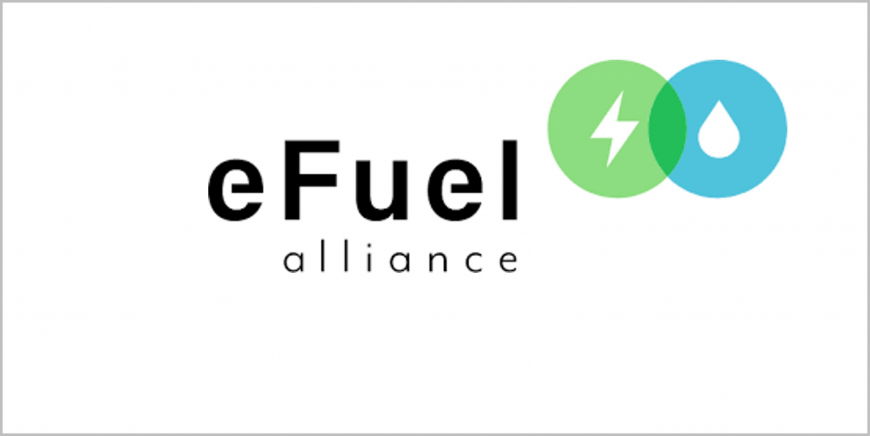Swappable Batteries Motorcycle Consortium expands to 21 members
Swappable Batteries Motorcycle Consortium has expanded from four to 21 members one year after its founding in September 2021.

The Swappable Batteries Motorcycle Consortium has expanded from its original membership of four, to 21 members.
The Swappable Batteries Motorcycle Consortium (SBMC) was originally founded by Yamaha, KTM, Honda, and Piaggio.
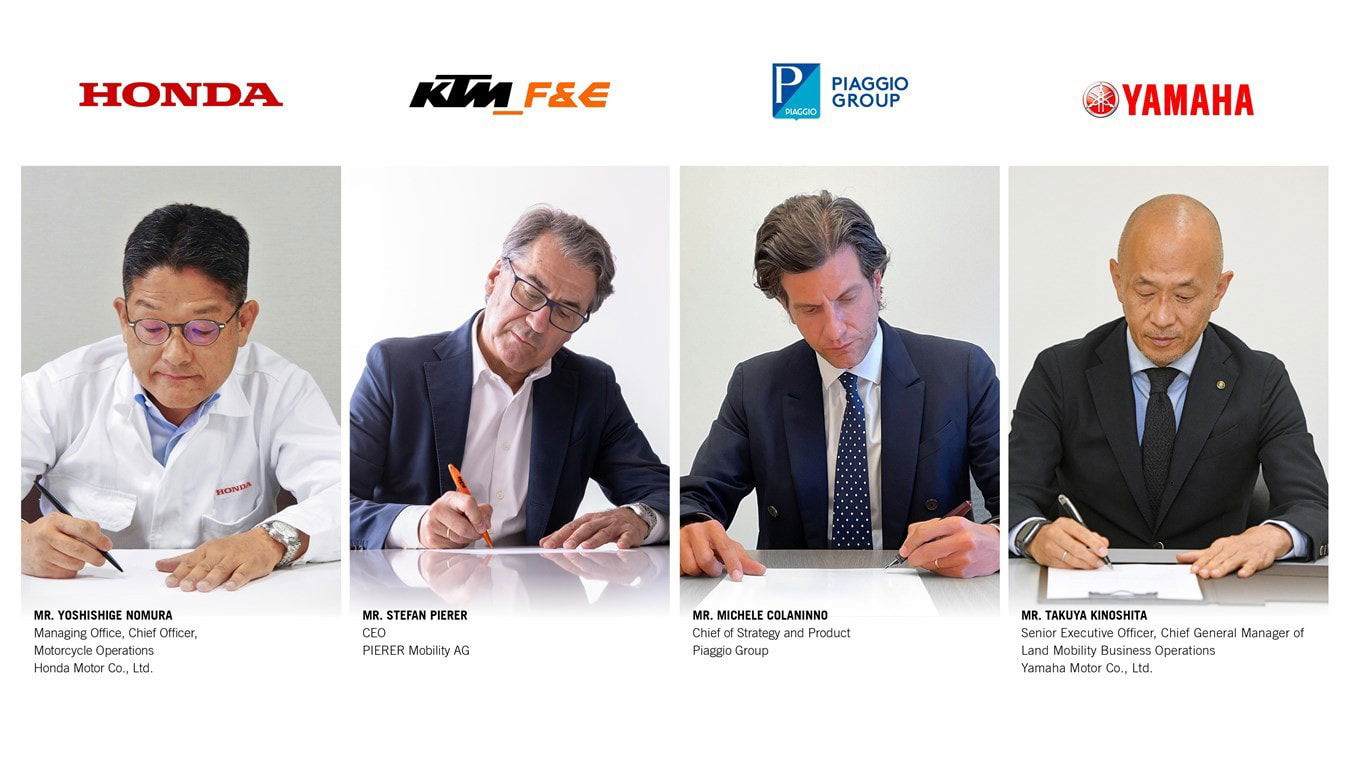
That was in September 2021, and now, one year on, the original four have been joined by 17 other members.
These members include other motorcycle manufacturers, as well as technology companies and others who work on the development of autonomous technologies.
The new full list of SBC members is:
- AVL - An Austrian automotive consulting firm which also acts as a researcher. It helps to develop the integration of powertrain systems into vehicles, as well as autonomous automotive technologies.
- Ciklo - A Swedish firm which is focused on swappable battery technology and services.
- Fivebikes - An Italian manufacturer of electric bicycles. It makes bikes for third-party brands, and its factory is self-sufficient.
- Foresee Power - A lithium-ion battery manufacturer.
- Hioki - Manufactures testing equipment for electric devices, including ECUs, inverters and electric motors.
- Honda - Motorcycle and car manufacturer.
- Hyba - Swappable battery manufacturer and service provider.
- Japanese Automobile Manufacturers Association - Non-profit industry association.
- Kawasaki - Industrial and motorcycle manufacturer.
- KTM - Motorcycle manufacturer.
- Kymco - Motorcycle manufacturer.
- Niu - Electric scooter manufacturer.
- Piaggio - Motorcycle and scooter manufacturer (two- and three-wheel).
- Polaris - All-terrain and powersports vehicle manufacturer.
- Roki - Automotive filtration technology developer.
- Samsung SDI - Manufacturer of lithium-ion batteries and electronic materials.
- Sinbon - Designer and manufacturer of automotive connectivity solutions.
- Sumitomo - Optical fibre and electric wire manufacturer.
- Suzuki - Motorcycle manufacturer.
- Swobbee - Swappable battery technology developer focused on e-micromobility.
- Vitesco - Developer of automotive electrification solutions.
- VeNetWork - “An accelerator of productive and financial opportunities,” according to the SBMC website. VeNetWork is also a shareholder of Fantic, Motori Minarelli and Atex Industries. The latter of those three, “designs, manufactures and services high-tech battery packs for third parties,” SBMC says.
- Yamaha - Motorcycle manufacturer.
SBMC says, “The underlying aim of the Consortium is to find solutions to the concerns customers may have regarding the future of electromobility, such as the range, the charging time and infrastructure, and costs.”
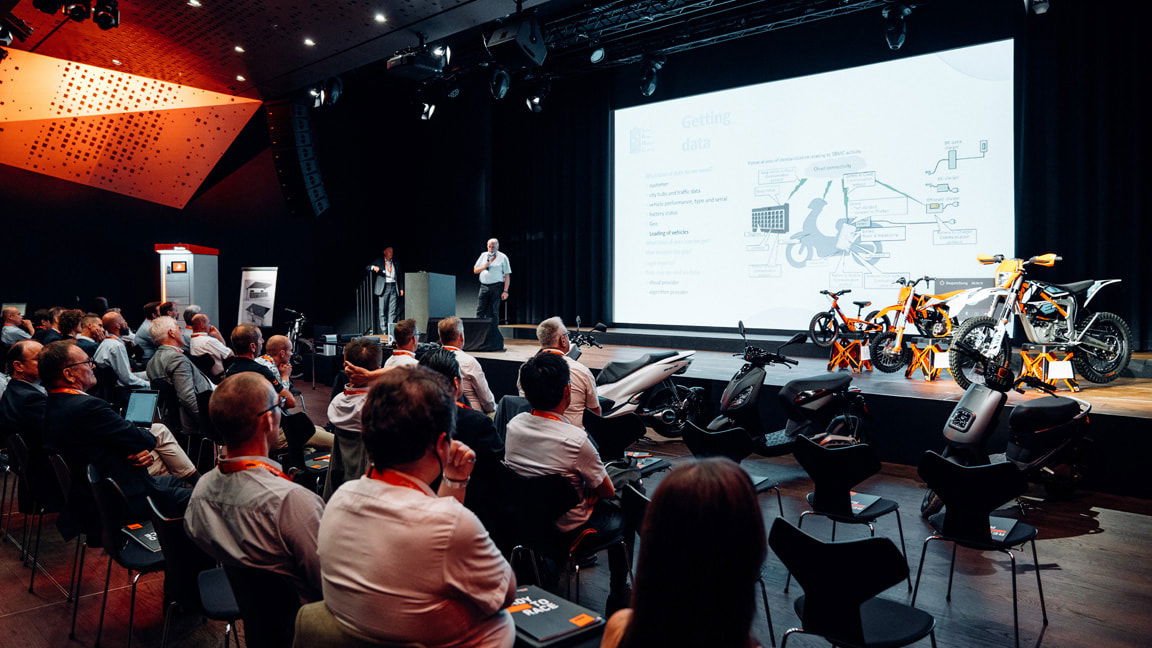
To do this, the SBMC and its members will work to standardise battery specifications, and work with authorities to improve charging infrastructure.
Yoshishige Nomura, Chief Officer, Motorcycle Operations, Honda Motor Co., Ltd., said:
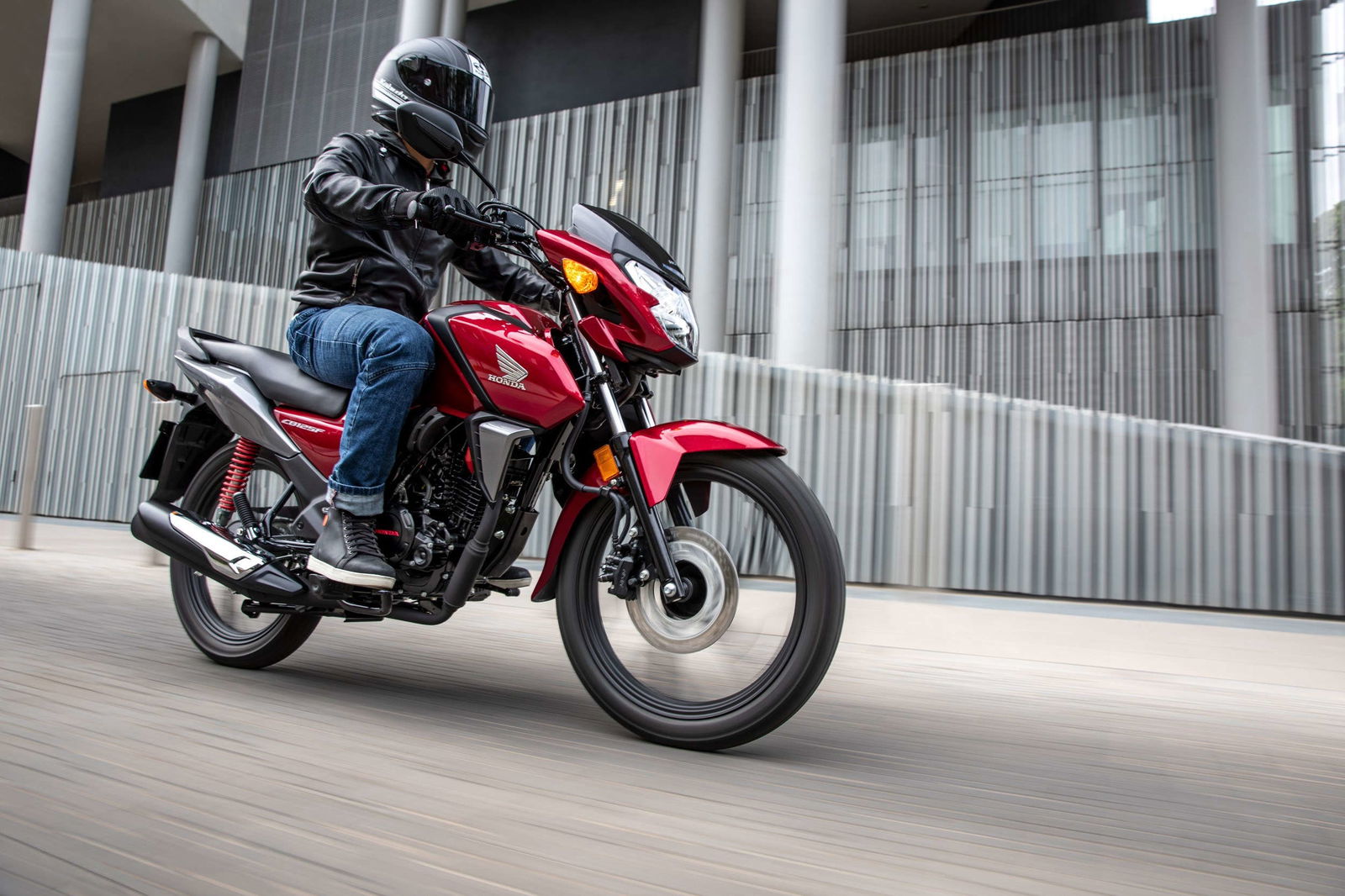
"Honda believes that the widespread adoption of electric motorcycles can play an important part in realising a more sustainable society. For that purpose, we need to solve several challenges such as extending the range, shortening the charging time and lowering the vehicle and infrastructure costs to enhance convenience for customers.
“In the Consortium we have created, the founding members from the motorcycle industry and other stakeholders will work together towards standardising swappable batteries, their charging systems and surrounding infrastructure to create the environment for their use.
“Our final goal is to ensure that motorcycles will continue to be chosen as a useful method of transportation in future mobility."
Stefan Pierer, CEO Pierer Mobility AG, said:
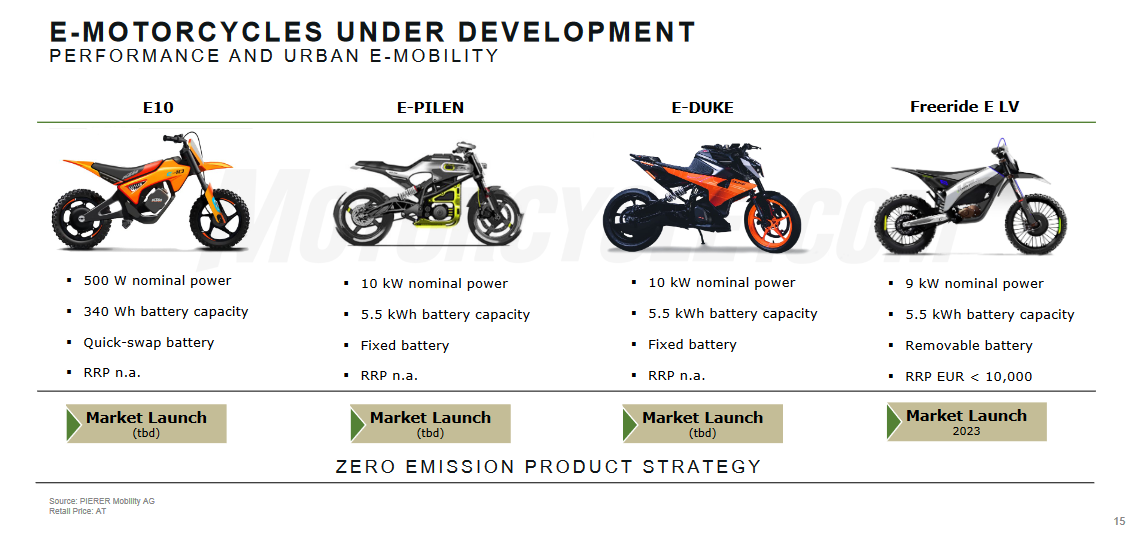
“The signing of this Consortium agreement is a key step in ensuring that PIERER Mobility AG, can continue to move forward, deliver innovation at pace, and advance its clear strategic vision for electric powered two-wheelers.
“Together with our partners, we will work to deliver a swappable battery system for low-voltage vehicles (48V) up to 11kW capacity, based on international technical standards. We very much look forward to ensuring that powered two wheeler vehicles maintain their role in the future of both urban and nonurban mobility."
Michele Colaninno, Chief of Strategy and Product of Piaggio Group, said:
_0.jpg?width=1600)
“Urban mobility is going through a delicate moment of transition towards electrification. Thanks to our Consortium, representing four major global players, motorbikes will continue to play a key role in the urban context.
“Swappable batteries give the right answer to speed up the recharging time of vehicles offering an additional valuable choice for users. Urban mobility is going through a delicate moment of transition towards electrification.
“Thanks to our Consortium, representing four major global players, motorbikes will continue to play a key role in the urban context. Swappable batteries give the right answer to speed up the recharging time of vehicles offering an additional valuable choice for users.
“Urban mobility is part of the Piaggio DNA and history: our aim is to bring all our technological knowhow and attitude for innovation to the Consortium.”
Takuya Kinoshita, Senior Executive Officer, Chief General Manager of Land Mobility Business Operations, Yamaha Motor Co., Ltd., said:
.jpg?width=1600)
“The Swappable Batteries Motorcycle Consortium in Europe is finally ready to get to work. I hope that this first step forward will be a beacon that draws like-minded parties to our mission and leads to transformative changes for the future.
“We at Yamaha Motor are confident that through this initiative, we can help unify the differing technical specs and standards and contribute to maximising the merits of electric power for customers around the world.”
Source: Swappable Batteries Motorcycle Consortium.
.jpg?width=1600)
